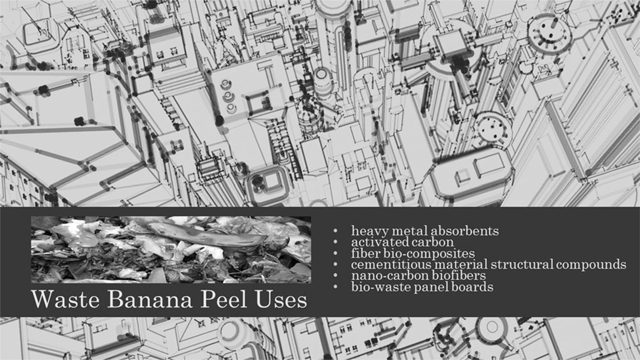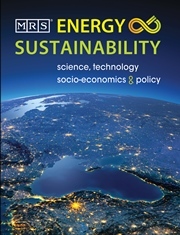Article contents
Methodological review: Socio-cultural analysis criteria for BIM modeling and material passport tracking of agriwaste as a building construction raw material
Published online by Cambridge University Press: 01 September 2020
Abstract

Lack of data on available agriwaste by type of source, local variations in agricultural consumption, and the uncertain feasibility of industrial scaling, all contribute to the challenges of developing commercially viable agriwaste-to-resource building products. Materials Passports linked to Building Management Information systems are tools that can improve regional planning efforts and the coordination of sustainable supply chains focused on new product development and product stewardship.
Globally, an estimated 3.5 kg per capita of daily agricultural waste is transferred to municipal landfills. Stated differently, 7.8 billion people generate 26.25 billion kg of daily agriwaste. Numerous studies established linkages between leachates from solid waste landfills, bioaccumulation of toxic chemicals, and greenhouse gas emissions that are a leading cause of climate change. Furthermore, raw material scarcity threatens to constrain economic growth and productivity. Sustainable circular economy practices focus on increased efficiency and a decoupling of wasted natural resource consumption from economic growth. Academic and industry researchers are focused on developing circular economy solutions that increase resource efficiency while decoupling wasted natural resource consumption from economic growth. Human acceptance and adaptation of technology are ideologically, culturally, and socio-technically dependent. Waste banana peels are used as an analytical scenario of how BIM modeling can improve the production of localized, affordable, and culturally appropriate building materials. Ideological and cultural norms are a precursor for socio-technical acceptance. Building material selection is examined from the perspective of complex factors creating uncertain economic valuations, and socio-cultural variations in the definition of waste. The objective of the research is to open multidisciplinary examination of the practices and choices that determine affordably safe building materials.
- Type
- Perspective
- Information
- Copyright
- Copyright © The Author, 2020, published on behalf of Materials Research Society by Cambridge University Press.
References
- 6
- Cited by



